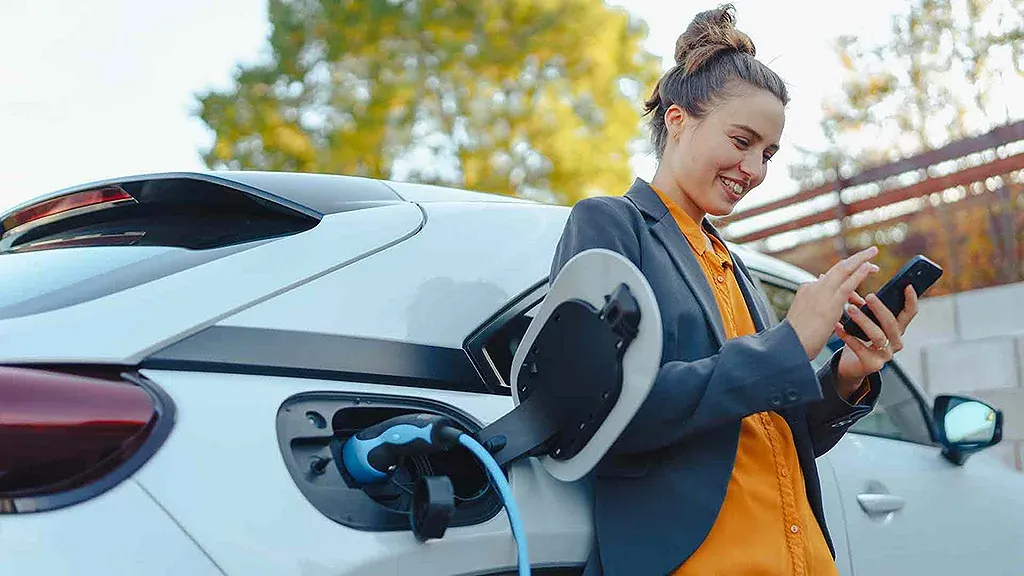The UK government, under the leadership of Prime Minister Rishi Sunak, has recently announced a significant change in its environmental policy. The ban on the sale of new petrol and diesel cars and vans, initially set for 2030, has been postponed to 2035.
This decision has sparked various reactions from the industry and might have you wondering how it might affect the progress of electric vehicles (EVs) and their associated charging infrastructure.
With that in mind, here’s a look at the recent developments and their implications for the industry.
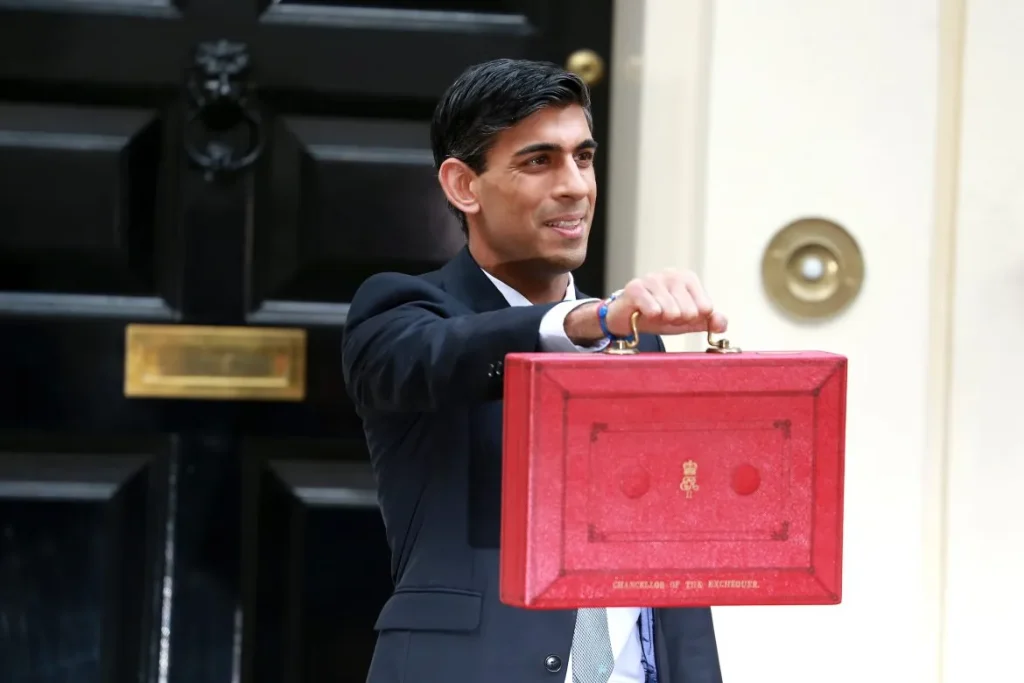
A Shift in Gear: Prime Minister Delays the Ban on Petrol and Diesel Cars
The initial decision to ban the sale of new Internal Combustion Engine (ICE) vehicles by 2030 was introduced under Boris Johnson in 2020. The ambitious move was seen as a significant step towards the UK’s commitment to achieving net-zero carbon emissions by 2050. However, the recent announcement by PM Sunak indicates a shift in this strategy.
Sunak highlighted several reasons for this delay. He pointed out the high up-front costs associated with electric vehicles (EVs) and emphasised the need for a more widespread charging infrastructure.
The Prime Minister also expressed concerns about the UK’s reliance on carbon-intensive imports, particularly from countries like China. By extending the deadline to 2035, the government aims to provide more time to strengthen the domestic auto industry and develop a more robust EV charging infrastructure.
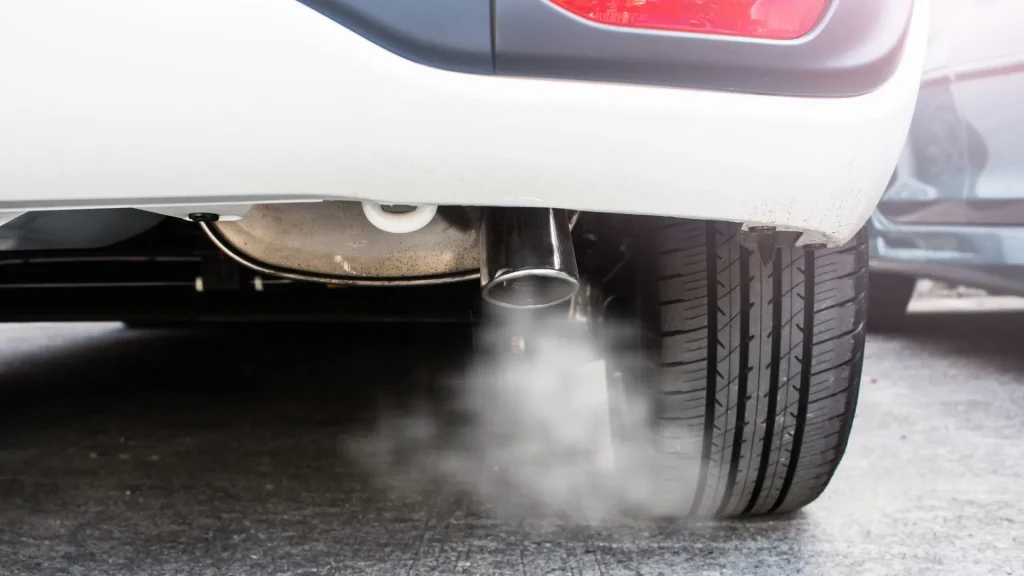
Mixed Reactions from the Automotive and EV Industry
The announcement has been met with a range of reactions. Perhaps the most noticeable reaction came from car manufacturer Ford, who expressed disappointment and criticised the government’s decision. They emphasised the need for ambition, commitment, and consistency and felt that relaxing the 2030 deadline could undermine these principles.
But almost everyone within our industry has come out and said the same thing– namely, that while this wasn’t a step in the right direction, the transition to EVs is still inevitable.
The problem that remains is the distinct lack of infrastructure for EV drivers, which we and many other firms believe is slowing uptake among the general public far more than higher upfront fees.
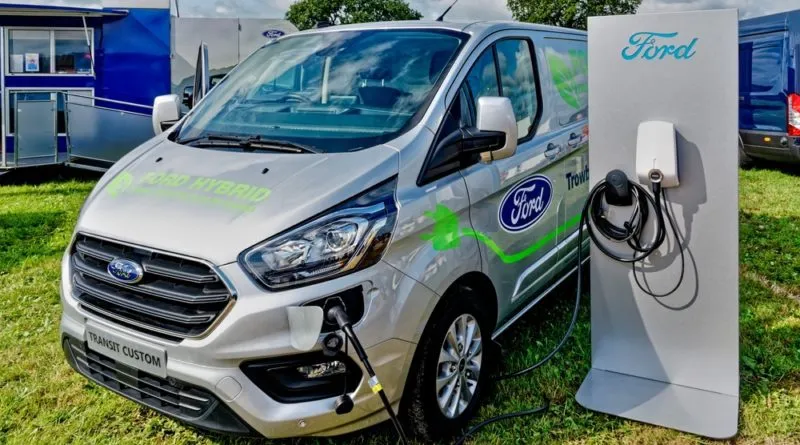
The Road Ahead for EVs and Charging Infrastructure
As mentioned, the transition to electric vehicles is well underway, irrespective of the delay in the ICE vehicle ban. However, one of the significant challenges that remain is the lack of a comprehensive EV charging infrastructure.
For businesses and individuals to fully embrace EVs, they need access to reliable and widespread charging solutions. As the demand for EVs continues to grow, so does the need for efficient charging solutions.
Businesses will be at the forefront of driving the needed infrastructure advances by transitioning to electric fleets, offering charge points to incentivise customer visits to their premises, or providing charging solutions for their employees.
This is where companies specialising in commercial EV charge point installations, like Applegarth, can play a crucial role. We hope to see more businesses embracing electric transport and play our part in installing the EV charging infrastructure required to make electric transport the “new normal.”
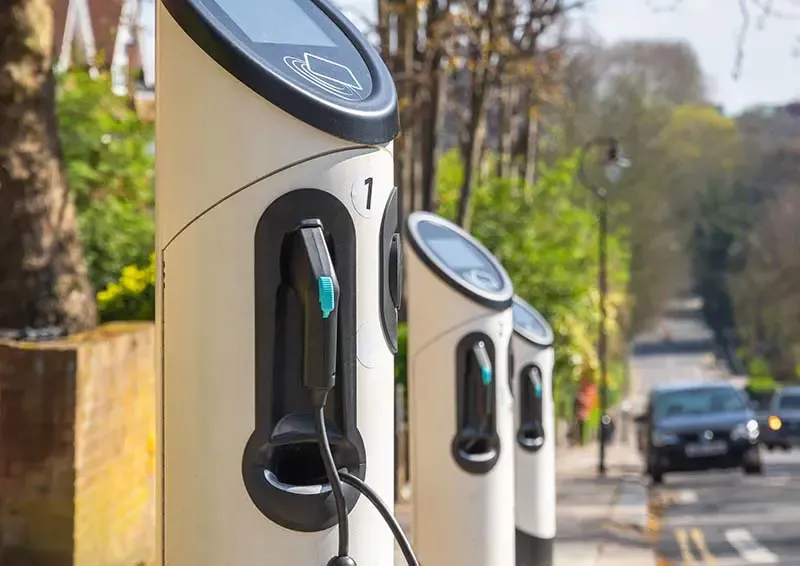
Ban Delay Shouldn’t Hamper The Drive Towards a Greener Future
While the delay in the sales ban on petrol and diesel cars might seem like a setback, it’s essential to view it in the broader context of the UK’s green ambitions.
The country remains committed to its 2050 net-zero target, and the EV revolution is already well underway. As we navigate the challenges and opportunities ahead, we should focus on strengthening the EV ecosystem, from vehicle production to charging infrastructure.If you’re considering making the switch to electric vehicles or looking to install commercial EV charge points, there’s no time like the present. With government funding available until at least 2025, now is the perfect time to invest in the infrastructure that will power the future of transportation.
Contact us today to learn more about how we can help you make the switch to electric.


